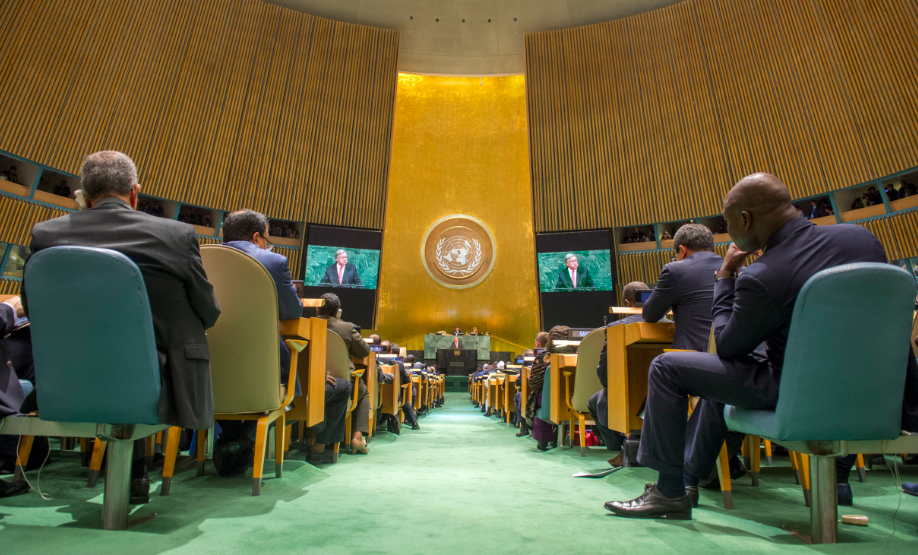The forthcoming 79th session of the United Nations General Assembly is expected to focus largely on impacts of ongoing conflicts and global health crises.
Several leaders of state and heads of governments are scheduled to converge in New York, US on September 23-27 to address the critical challenges and gaps in global governance exposed by recent global shocks.
The Summit will result in a negotiated Pact for the Future, an action-oriented document aimed to bolster global cooperation and adapt to current challenges effectively for the benefit of all and for future generations.
Meanwhile, the Secretary-General of the United Nations will convene the Summit of the Future Action Days on 20 and 21 September 2024 to generate additional opportunities for the engagement of all actors.
The annual high-level General Debate will be guided by the theme, “Leaving no one behind: acting together for the advancement of peace, sustainable development and human dignity for present and future generations”.
With the ongoing conflict in Ukraine, President Volodymyr Zelenskyy is due to travel to New York later this month for the United Nations General Assembly.
Ukraine had been hoping for permission to be granted during the talks to use two Western-supplied long-range missiles – Storm Shadow and ATACMS – to strike military targets such as airfields located deep inside Russian territory.
Zelensky said the U.S.-supplied long-range ATACMS missiles are “pointless” in Ukraine due to their limited quantity and restrictions on strikes deep inside Russia imposed by Western partners.
While these missiles have been used in Russian-occupied Crimea, Washington’s restrictions prevent their use on Russian soil.
U.S. National Security Adviser Jake Sullivan, said on Sept. 14, allowing Ukraine to use ATACMS to strike targets deep inside Russia is the subject of “intense consultations.”
“I understand Ukraine’s perspective on it,” Sullivan said, adding: “But rather than me trying to elaborate on the reasoning one way or the other, this is something that I think is the subject of intense consultation among allies and partners, and will be (discussed) between President (Biden) and President Zelensky.”
